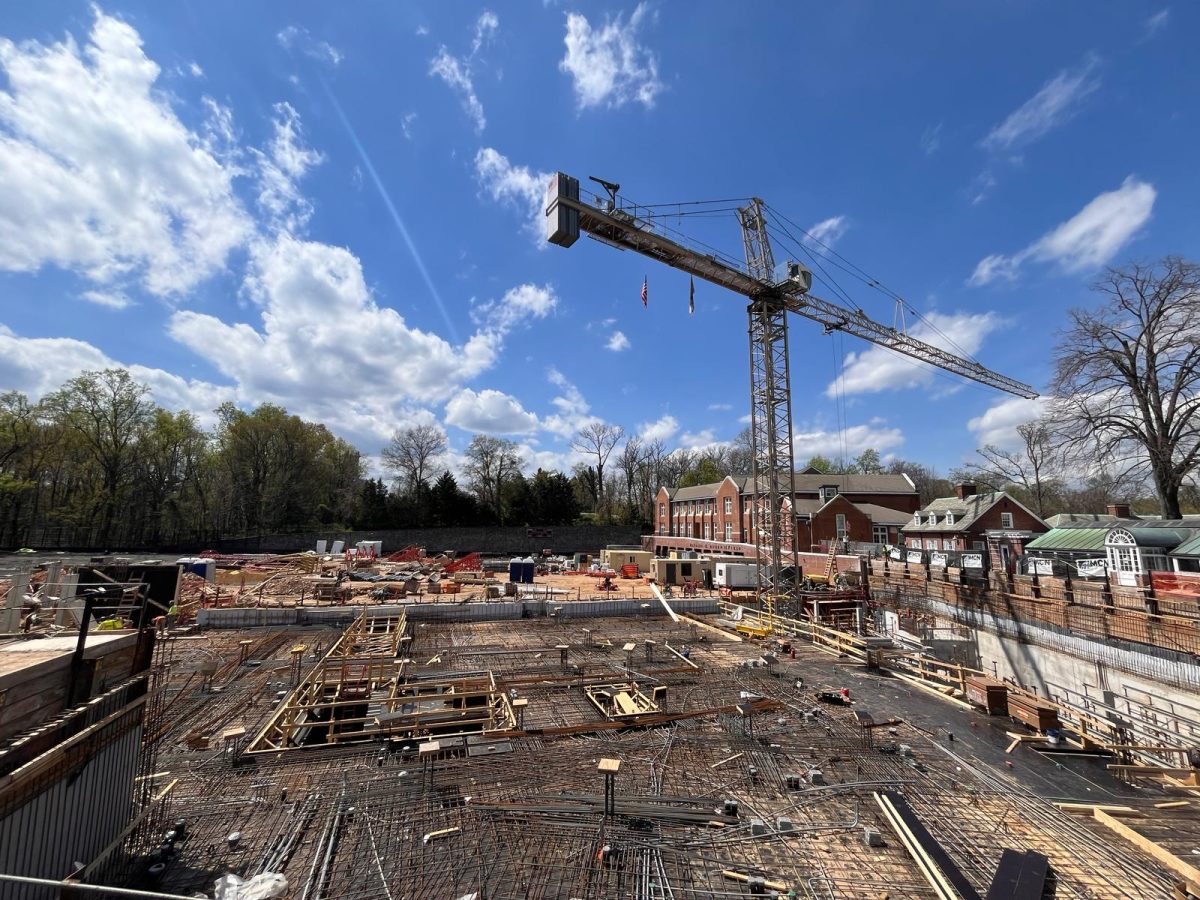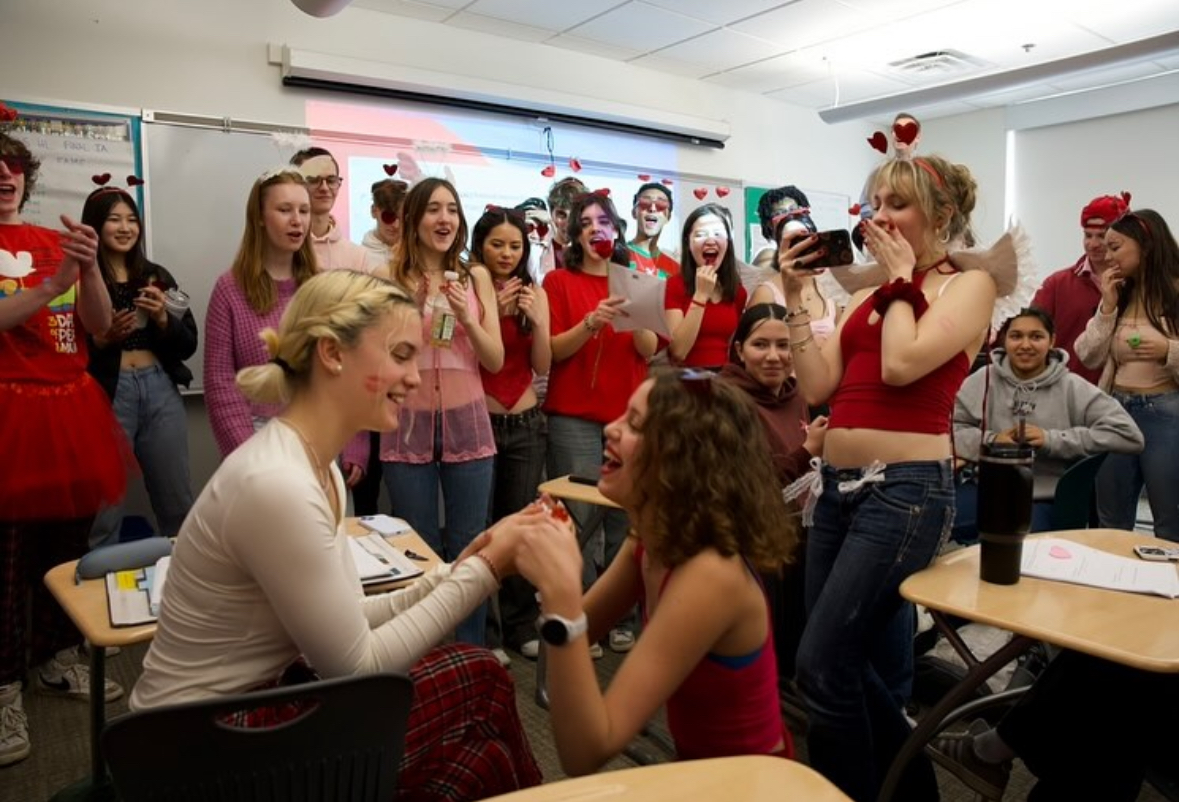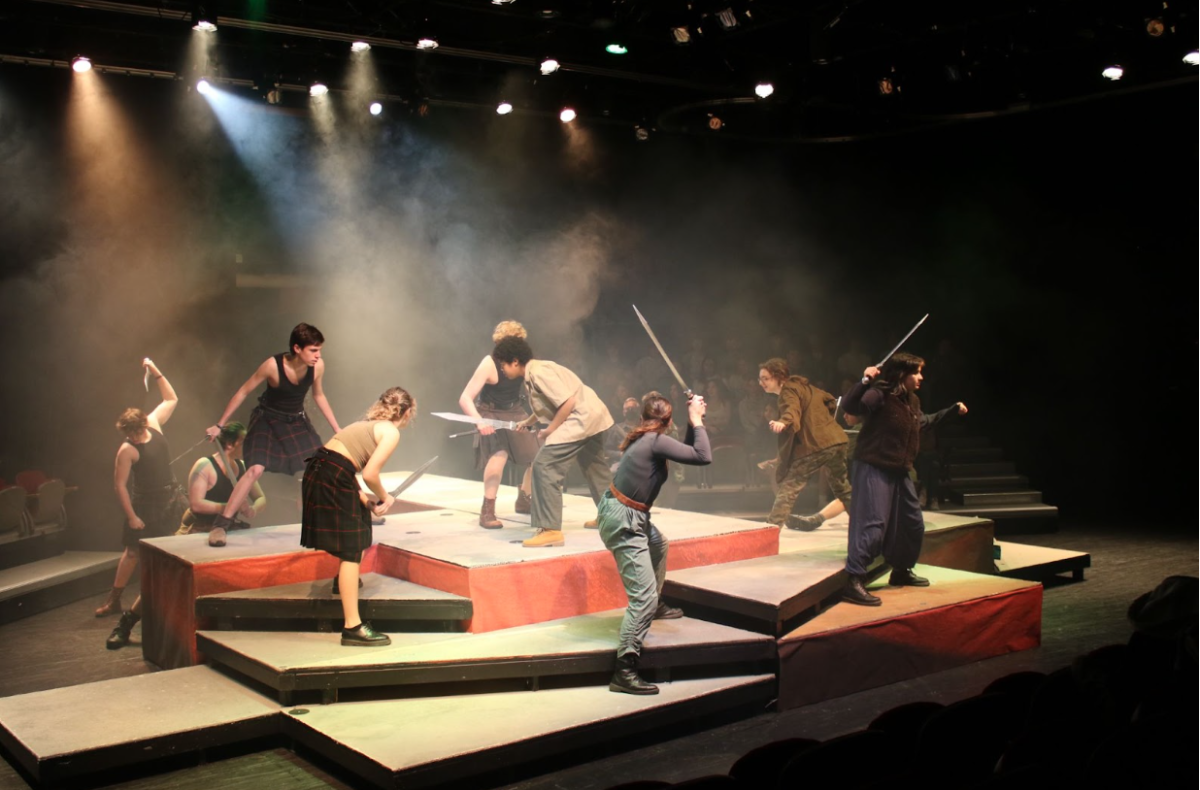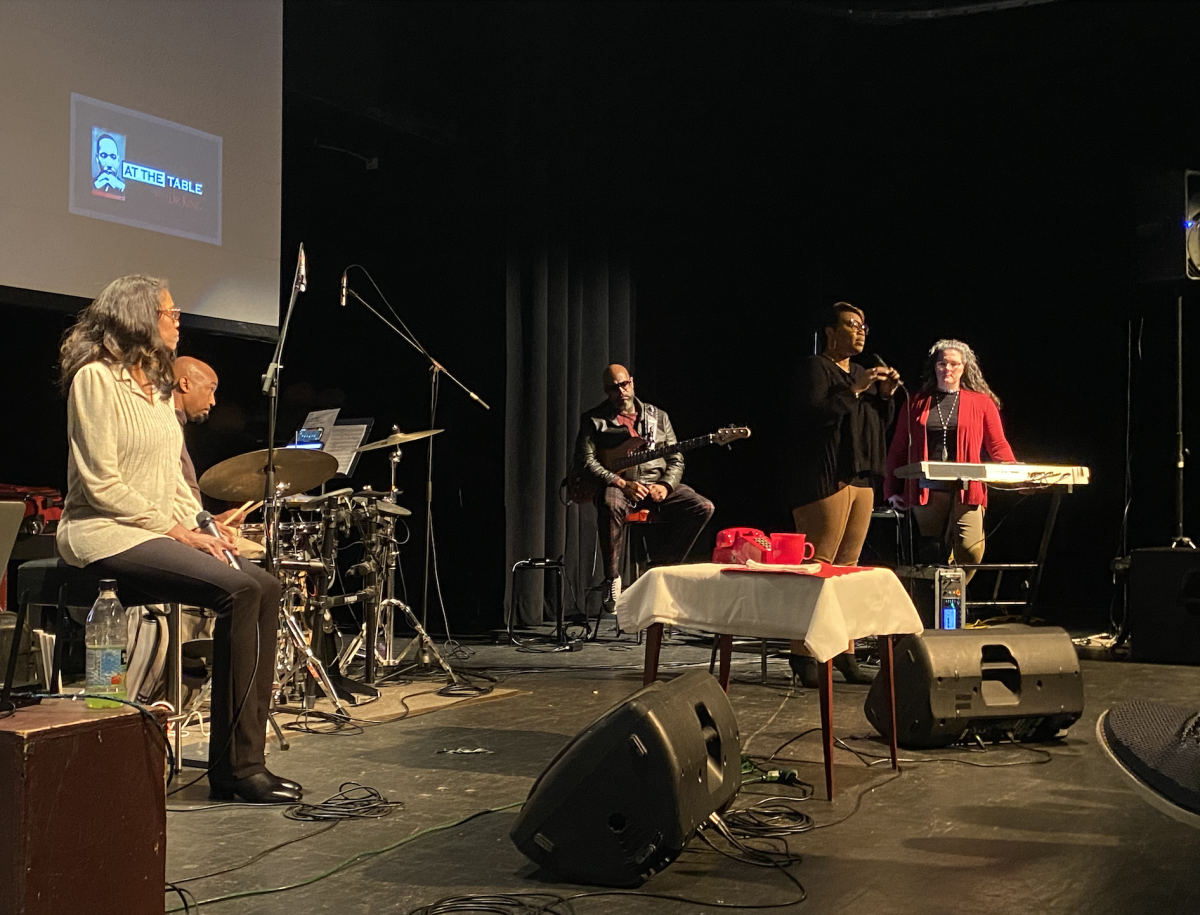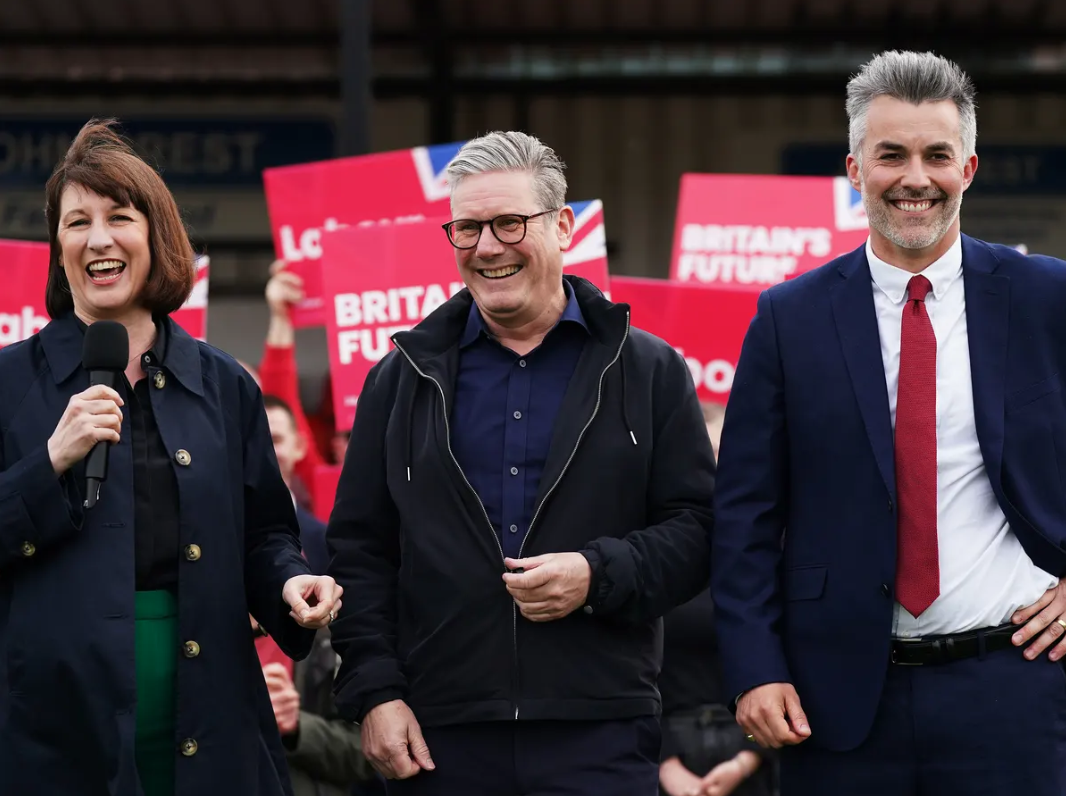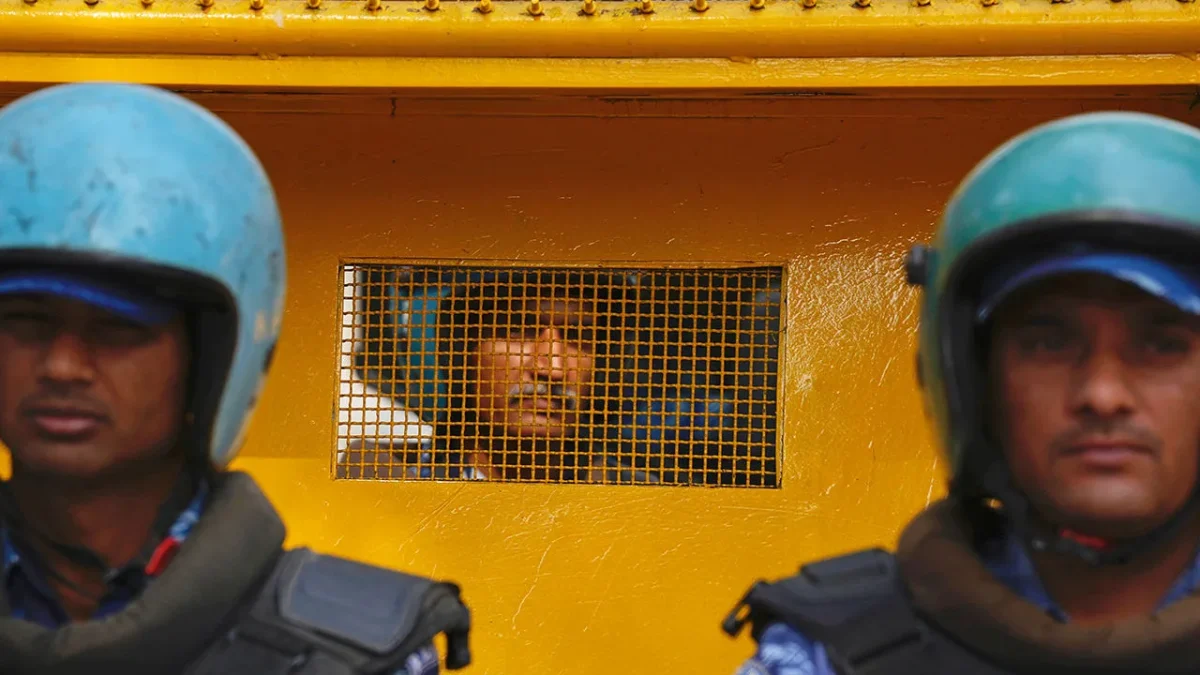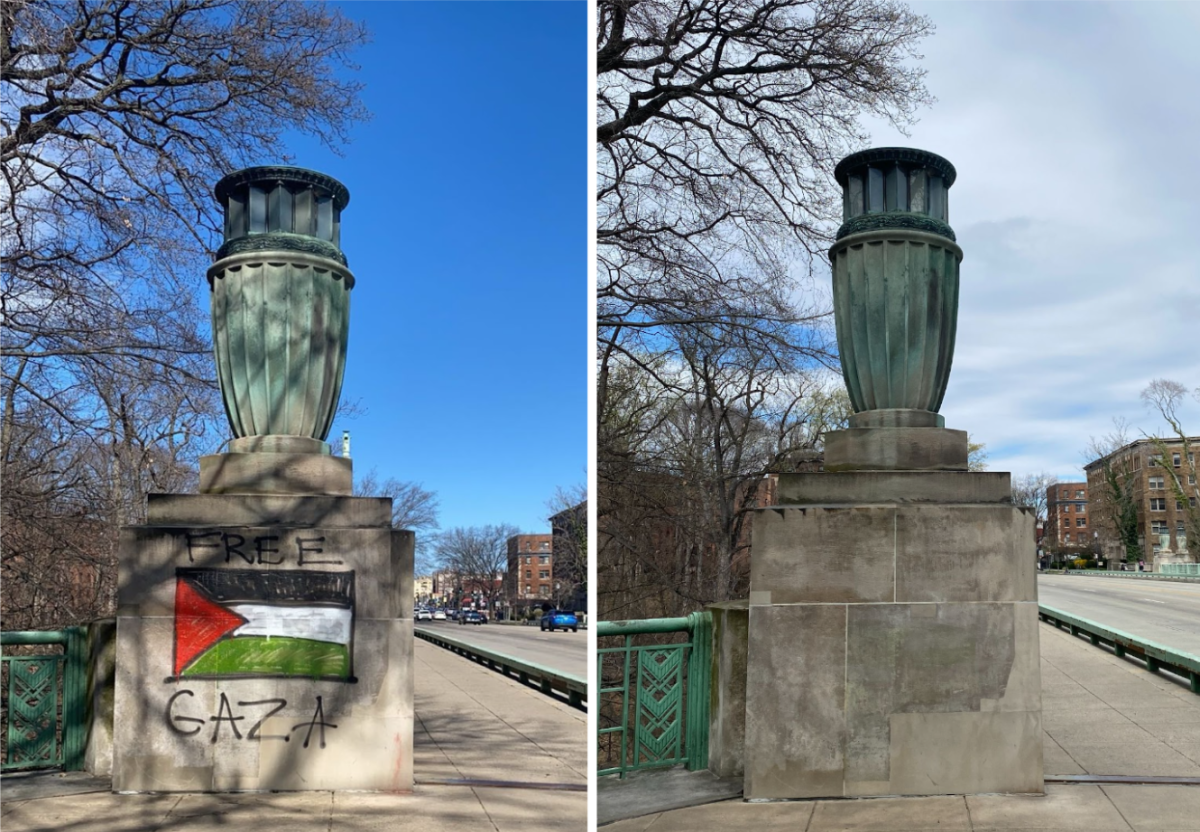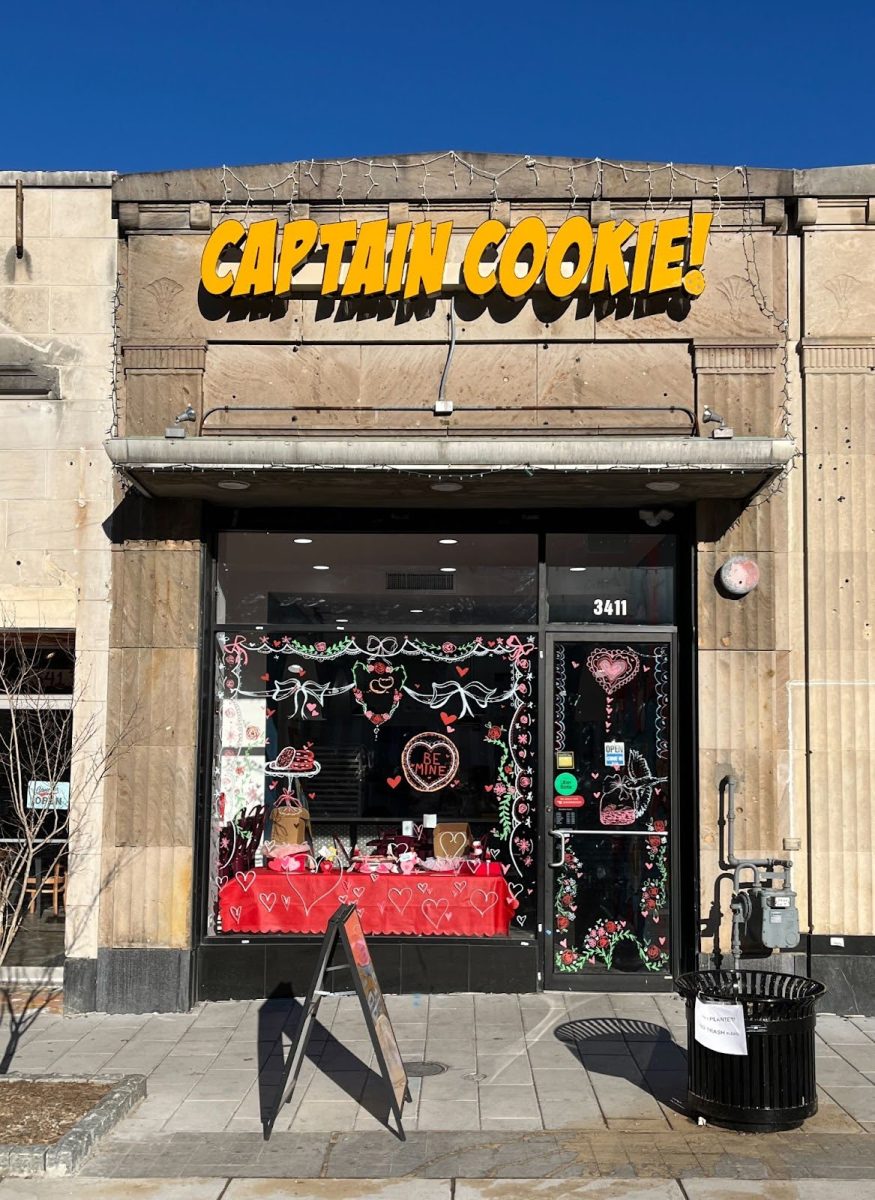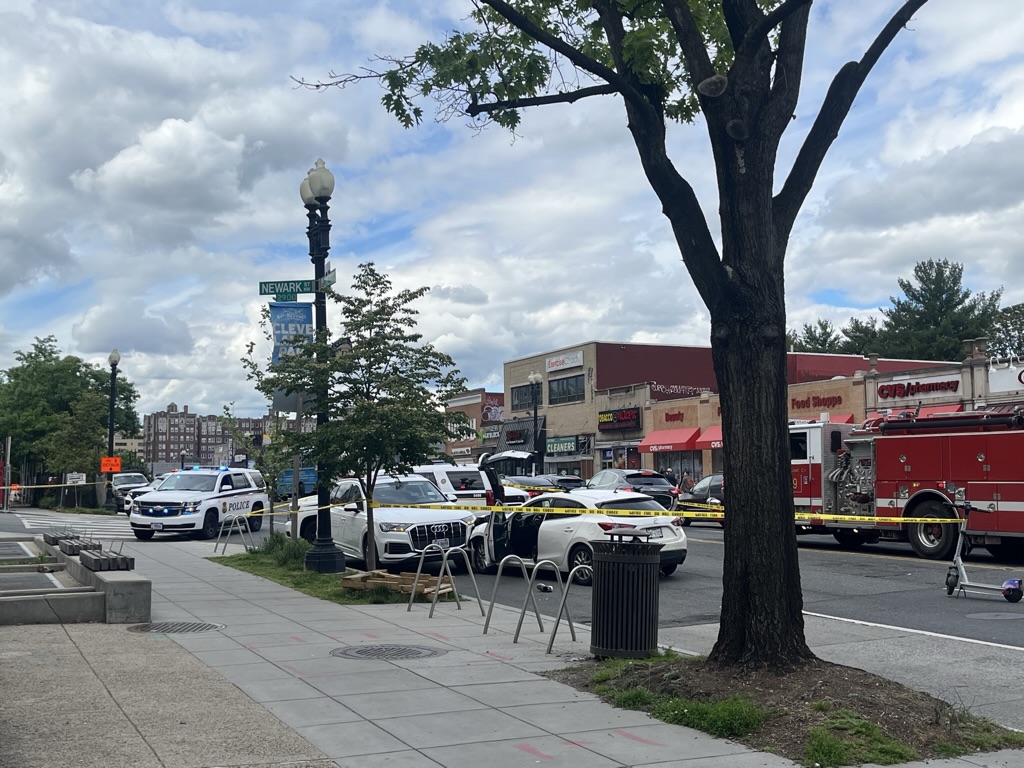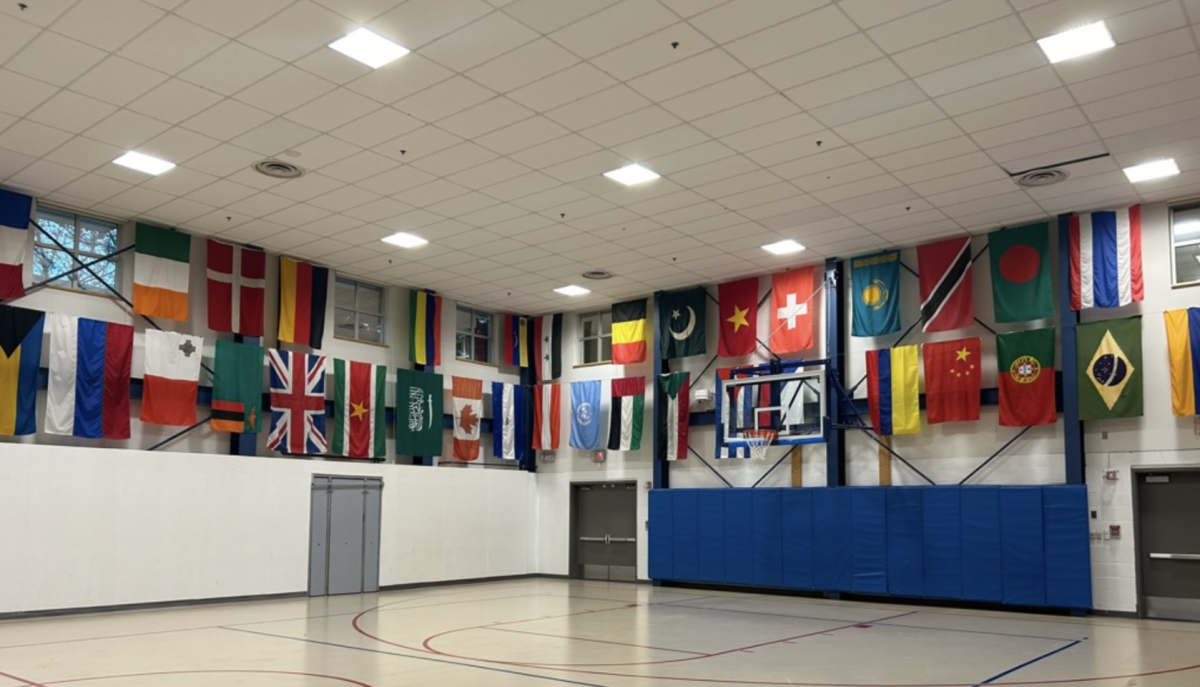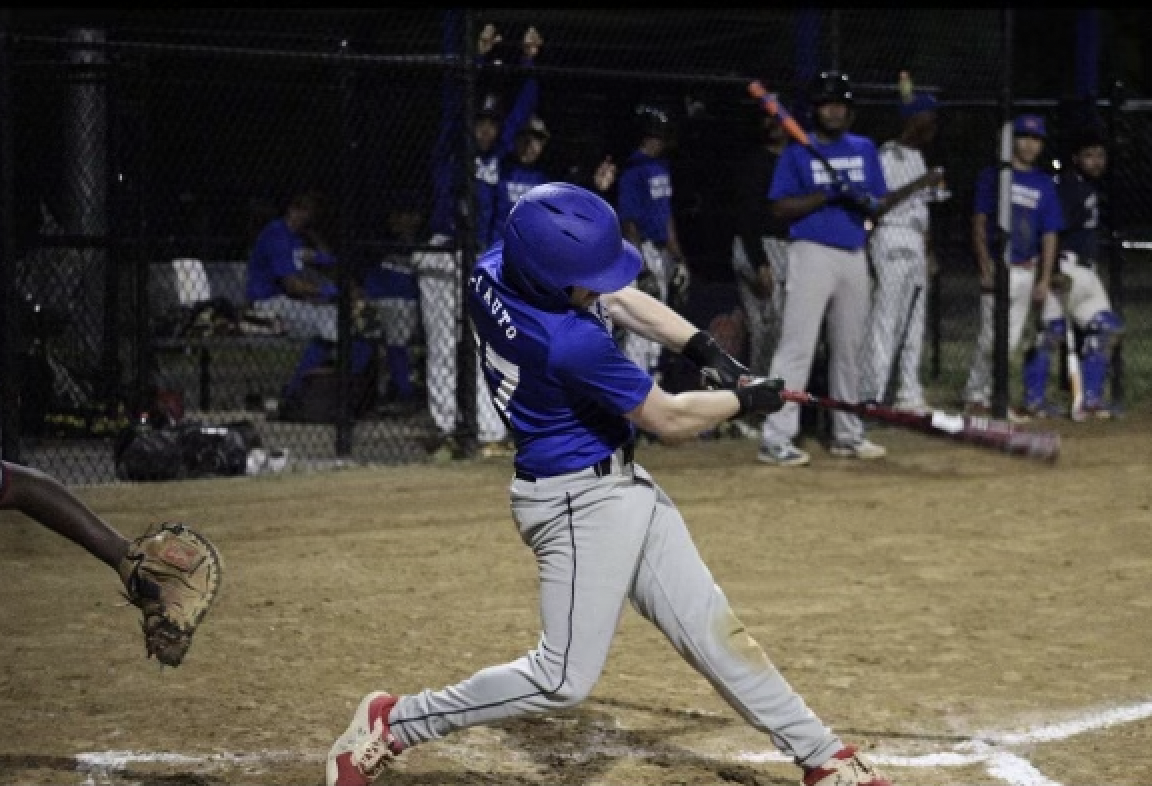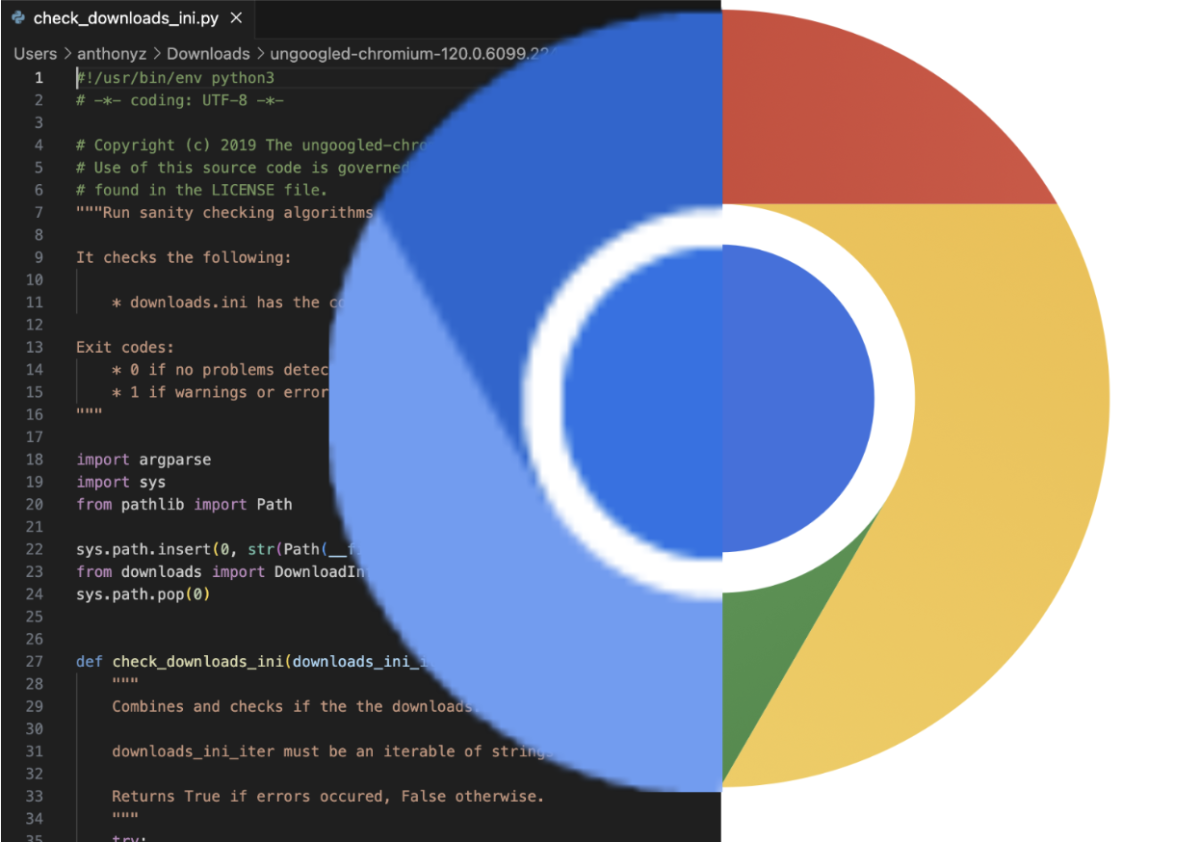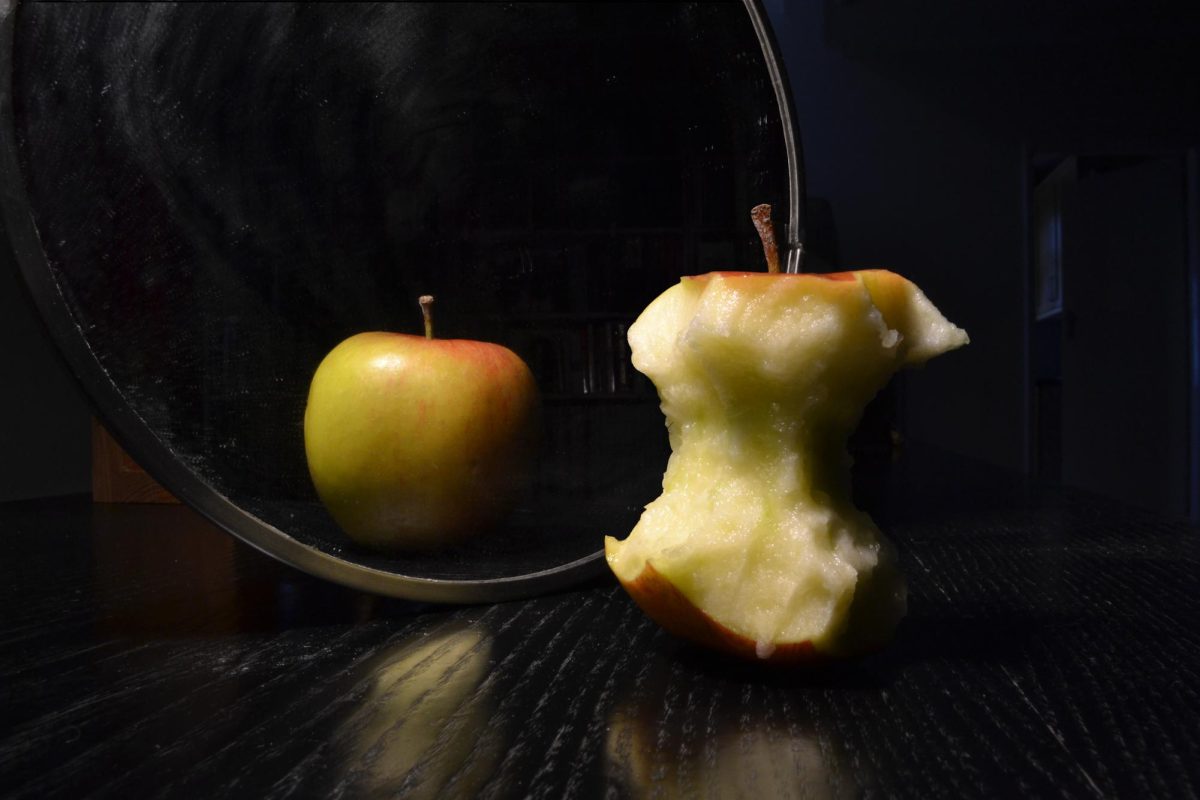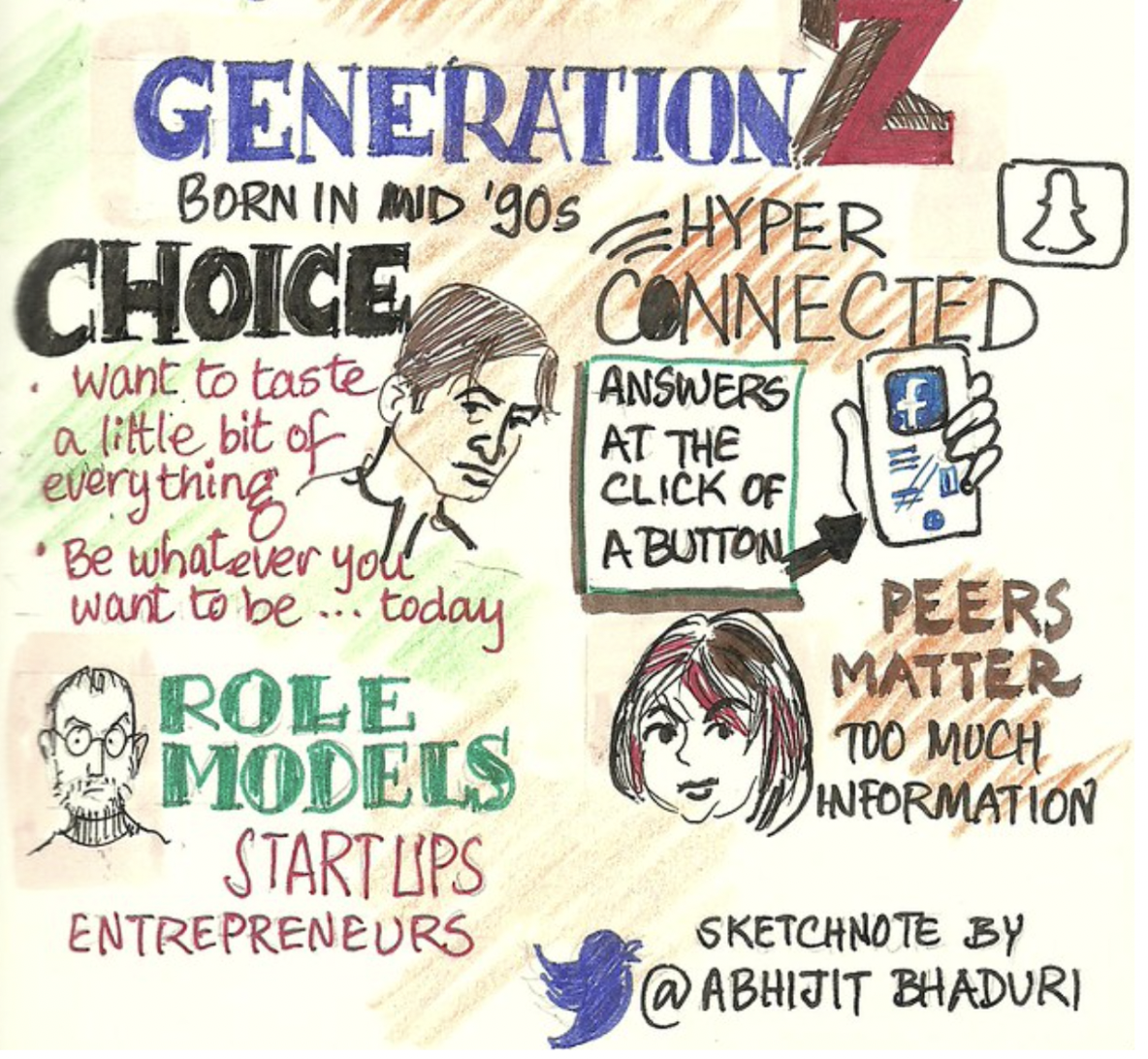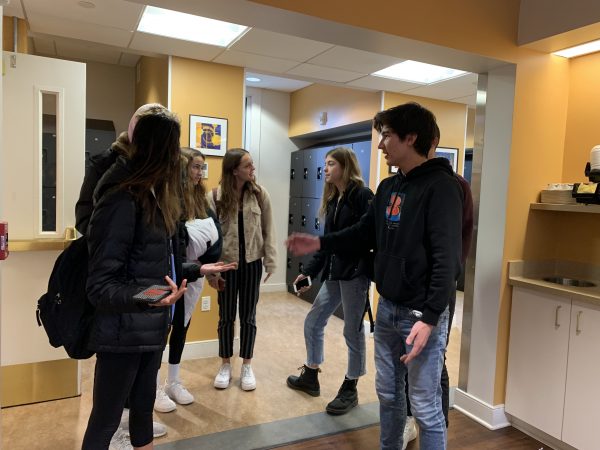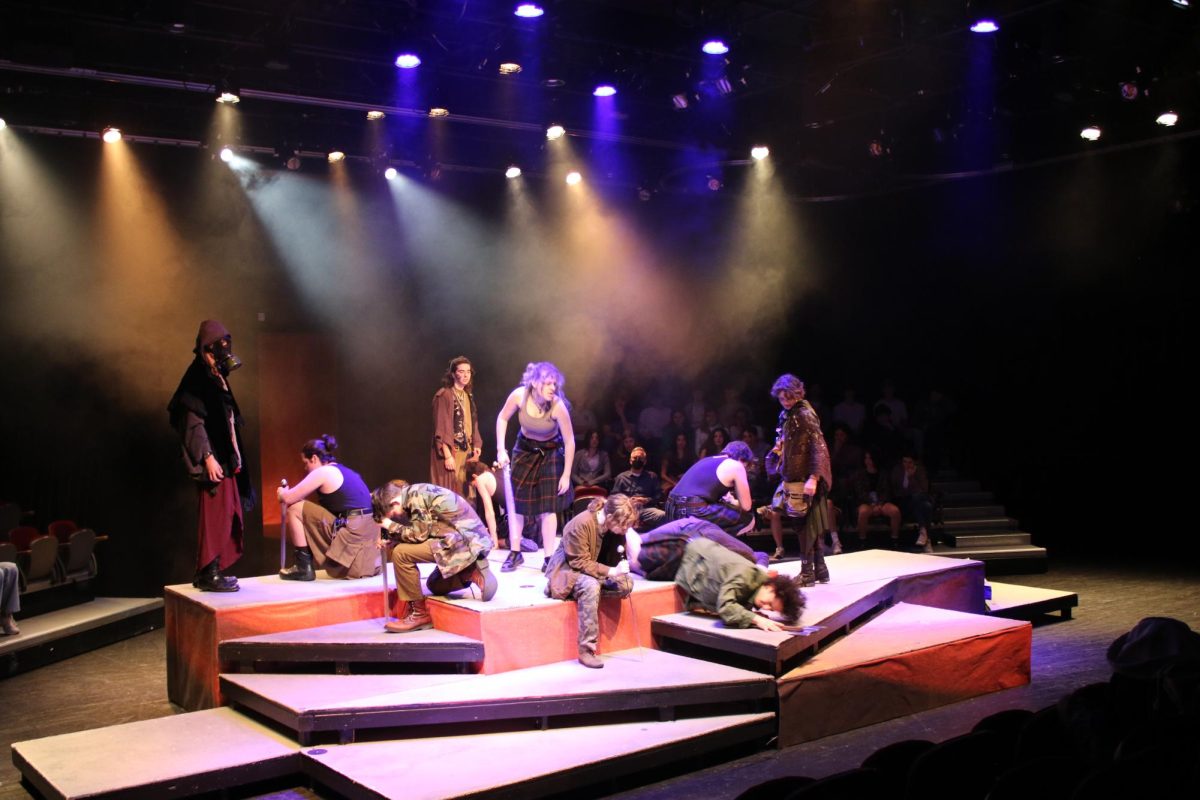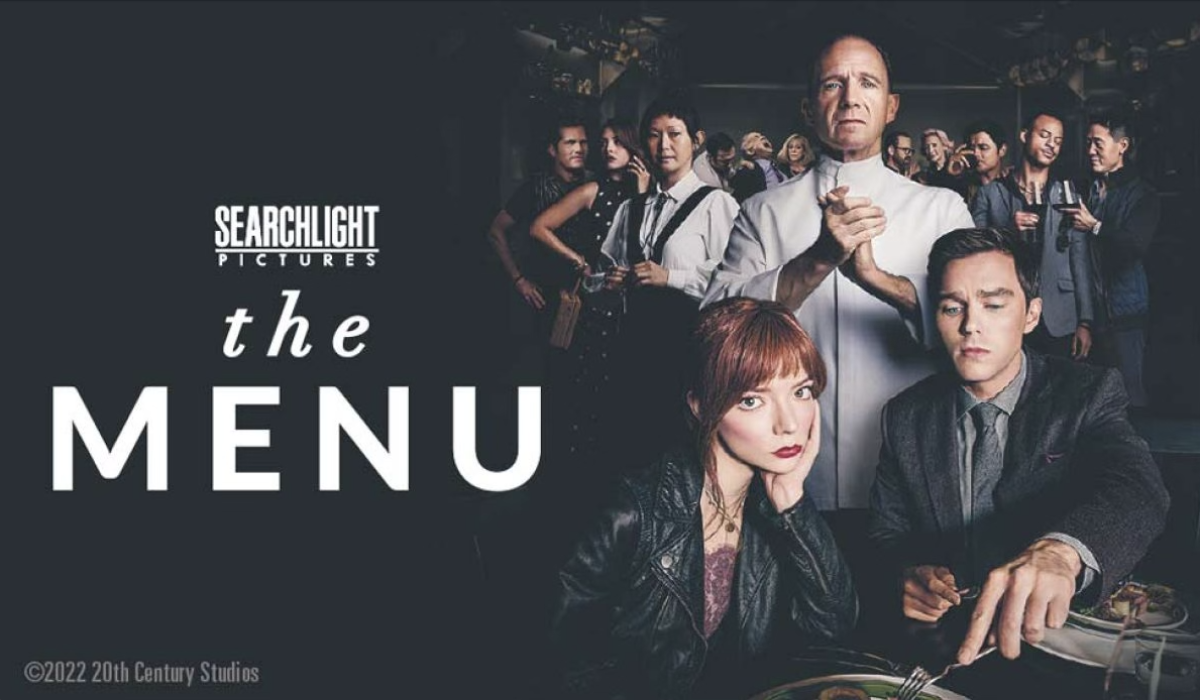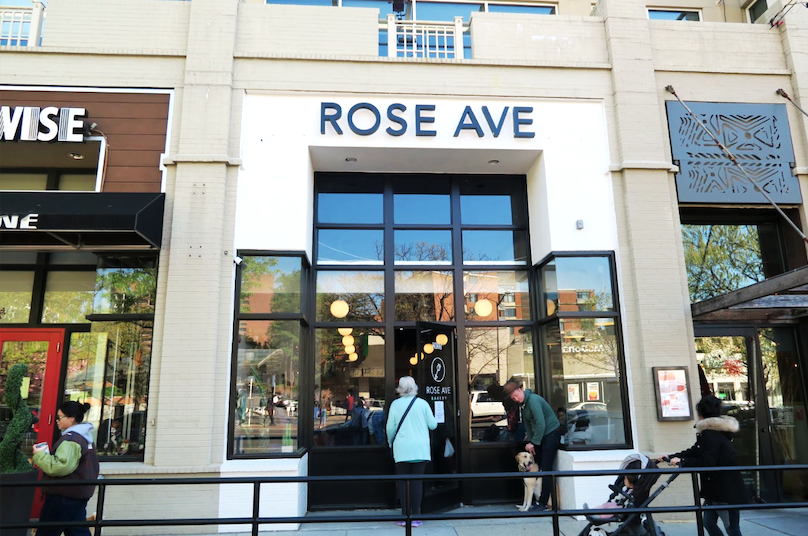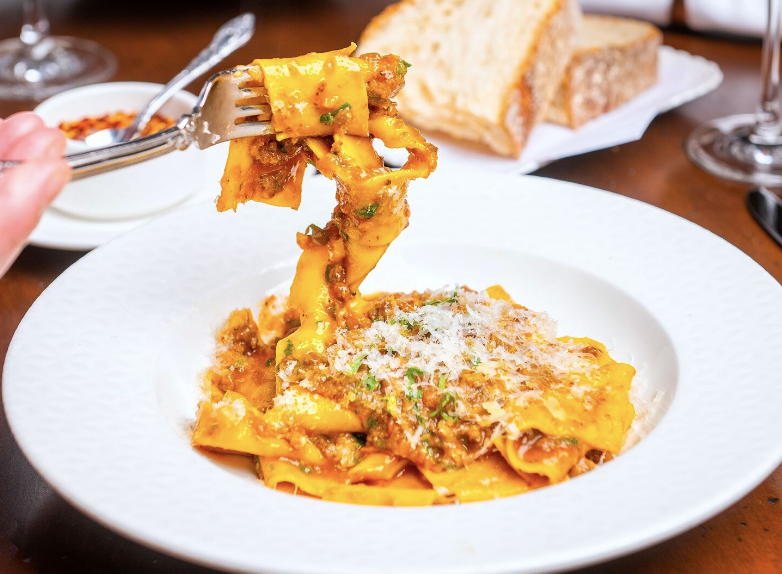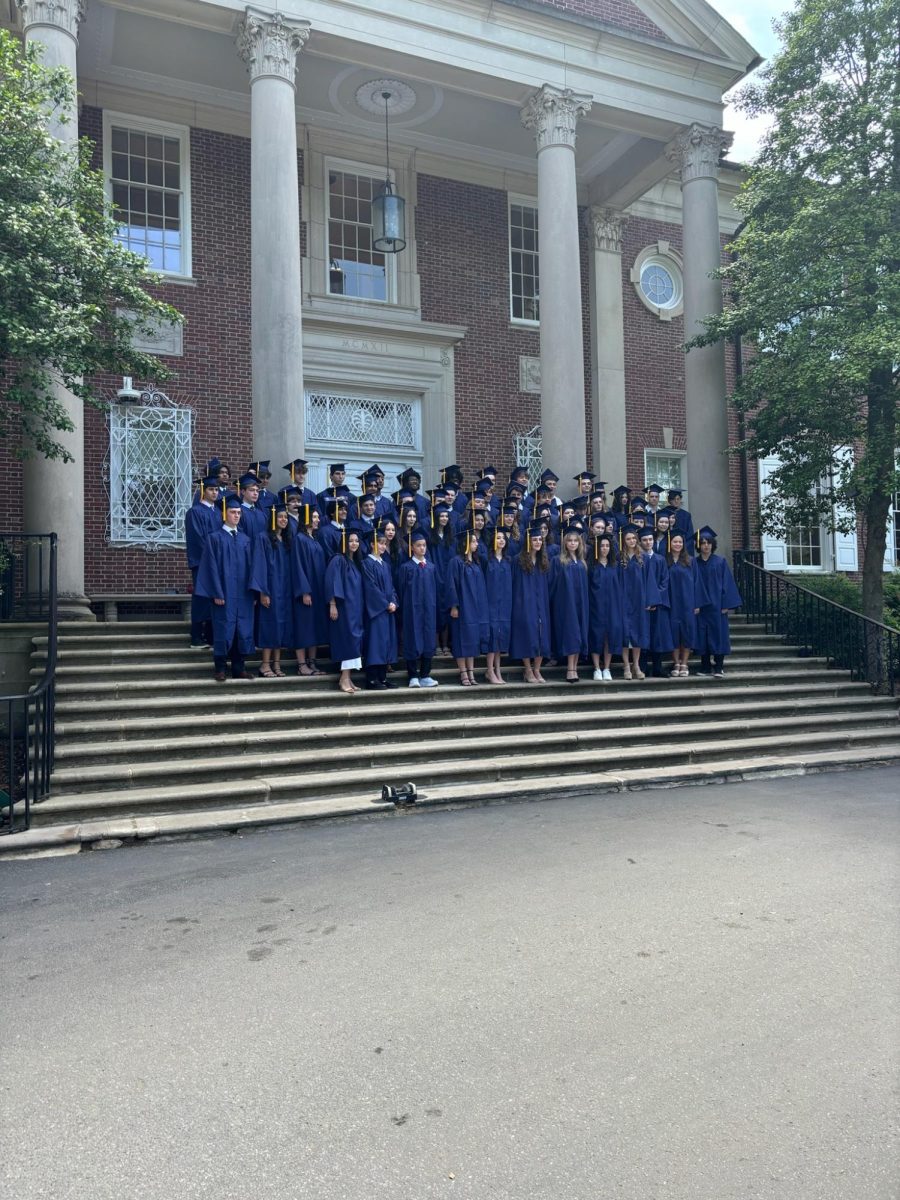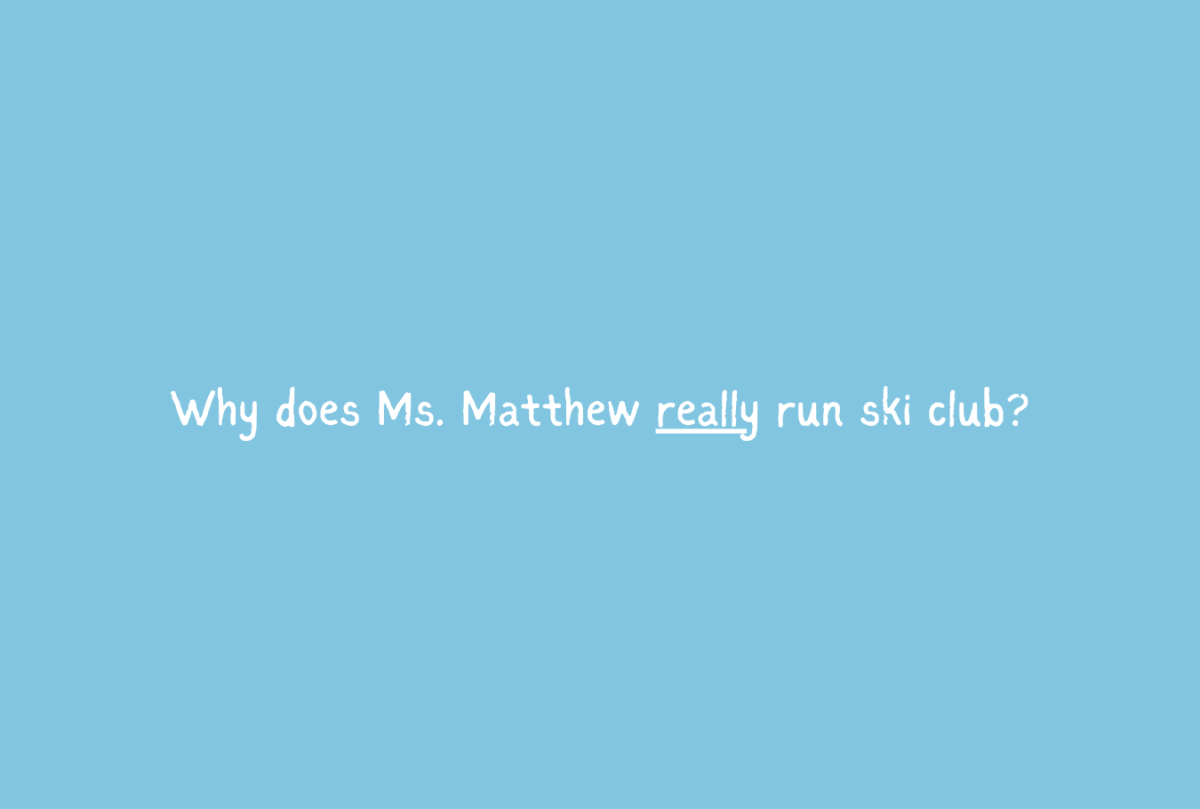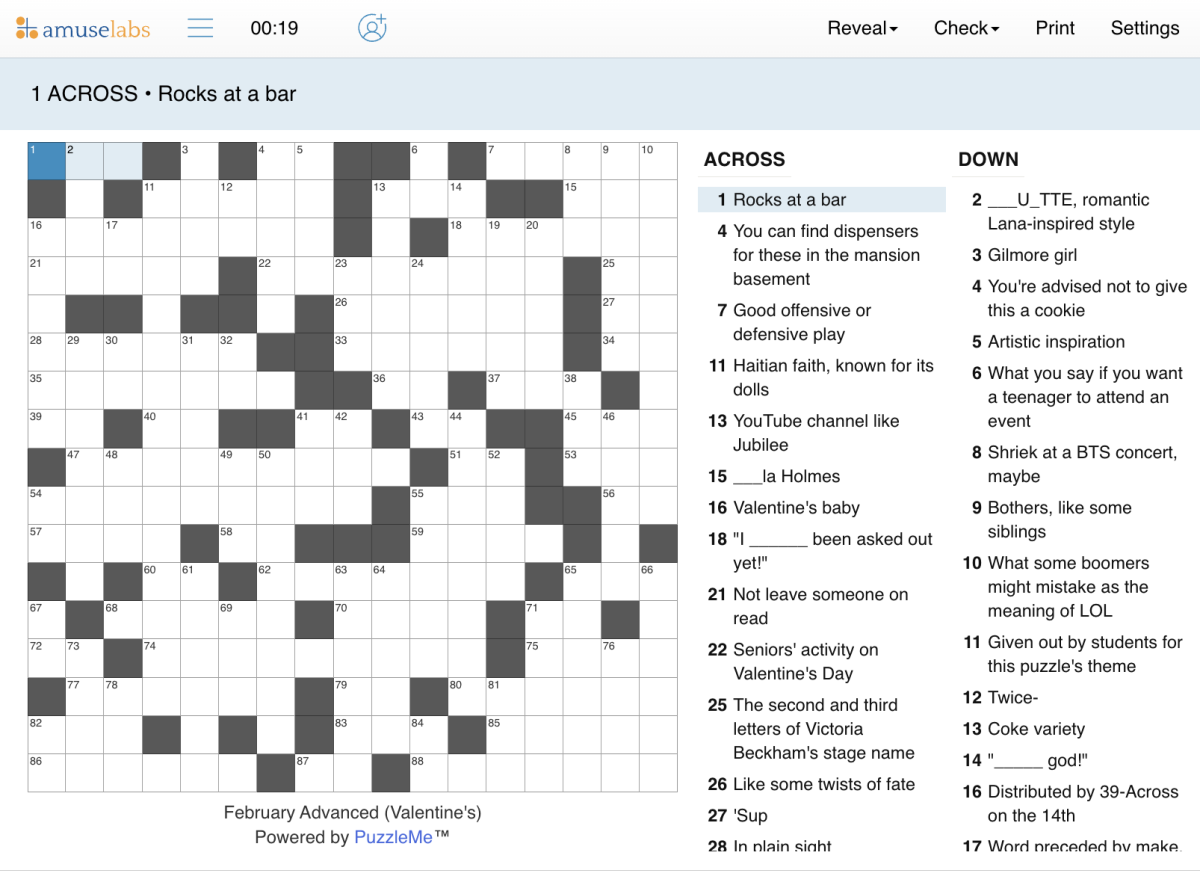“Trump Triumphs”. “Trump’s American Revolution”. “American Psycho”.
In a surreal moment in American politics, newspaper headlines from around the world announced Trump’s victory. Only 24 hours before, the New York Times had placed his chance of winning the presidency at 15%. The Princeton Election Consortium had reckoned Trump only had a 1% chance of taking the Oval Office; The Huffington Post claimed 2%.
For weeks prior to the election, journalists and columnists wrote clearcut articles of why, and how, Trump was incapable of winning the presidency. The almost unanimous support by Republican and Democrat-leaning publications alike for Hillary Clinton fostered the certainty among many journalists that the race was practically over; Clinton was a shoe-in, no question.
A possible explanation for the failure of most publications to predict the election’s outcome lies in the recent shifts in the news media industry. As revenue declines sent many local papers toward bankruptcy and digital media became more concentrated in deep-blue coastal cities, the most reputable news that the American public received in this election came from urban, Trump-free bubbles. Given that journalists are four times more likely to vote Democrat, it’s not surprising that the media perspective underestimated the concerns and convictions of Trump voters in rural or manufacturing towns.
Adding to the dangers of disappearing media coverage of small-town Middle America, over half of all Americans now get their news from networks such as Facebook and Twitter. This creates echo chambers where people in similar geographical, socio-economic, and political circles receive and share almost identical information. The danger of the system was clearly articulated by Wael Ghonim, one of the online-based leaders of the Arab Spring:
“The same medium that so effectively transmits a howling message of change also appears to undermine the ability to make it. Social media amplifies the human tendency to bind with one’s own kind. It tends to reduce complex social challenges to mobilizing slogans that reverberate in echo chambers of the like-minded rather than engage in persuasion, dialogue, and the reach for consensus”.
But despite the flaws in mainstream media coverage and the liberal echo-chambers that follow, this election cycle has witnessed the emergence of a much more pernicious form of media. Alt-right and fake news sites don’t just simply ignore the line between truth and lie, they pose a genuine threat to tolerance and to American democracy.
In the case of Facebook’s largely-animated algorithm, blatantly false stories from anti-establishment and post-factual sites, such as a piece on Pope Francis’s endorsement of Donald Trump, gained immense traction and views. A recent BuzzFeed News analysis found that 38% of posts on hyper-conservative pages, and 19% of posts on hyper-liberal pages, featured false or misleading news stories; some of these stories reached over one million Facebook users.
Even Trump himself, in questioning the aims and methods of mainstream media outlets, fostered a distrust of reputable media. The president-elect’s disregard for facts during his campaign reflected a broader anti-intellectual stance, where journalists are seen as a liability which must be contained, rather than a beacon of democratic freedom.
And so in an age of unchecked conspiracy theories and hyper-partisan echo chambers, Trump’s rise is a little less unbelievable. But what this election cycle does call into question are the ramifications of a digitized news industry, a post-factual era of information-sharing, and how a candidate’s attitude toward mainstream media will translate into his treatment of journalists and the free press during his term as president.
By Rosie Bradbury

